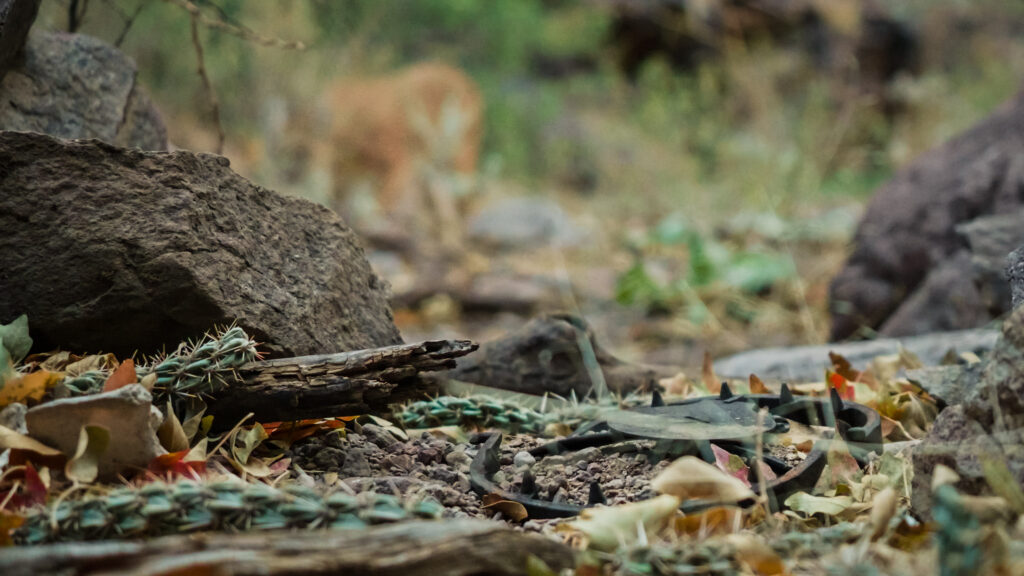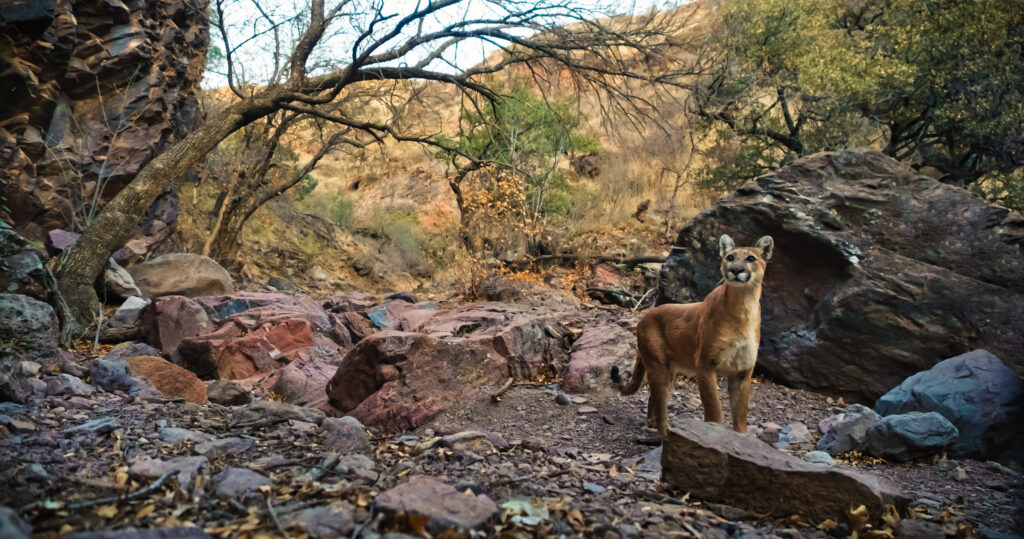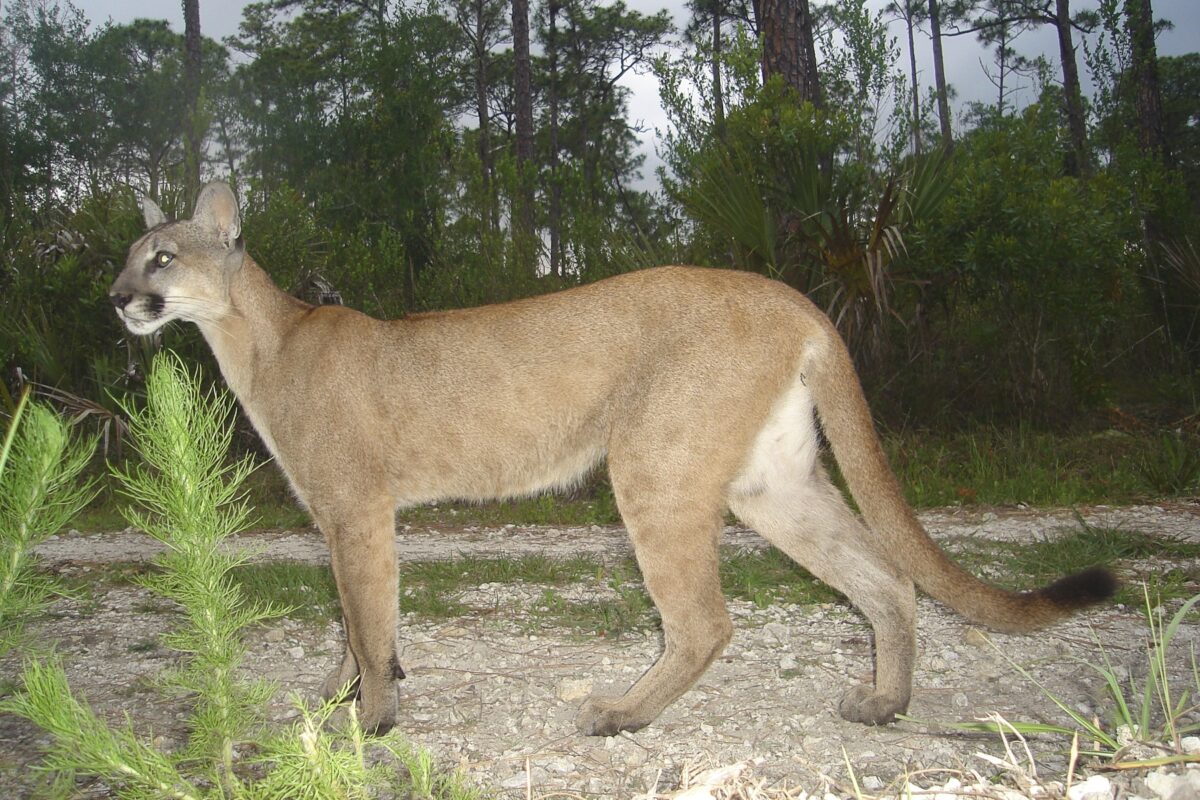Sometimes small steps are enormously important. On May 23, Texas put two very modest protections in place for the state’s mountain lion population. Though modest, wildlife advocates nationwide celebrated that decision because it marked the first time that Texas has created rules to protect their native lions – ever.
These two new rules, both of which are now in place and enforceable, are common-sense laws that help prevent excessive cruelty to wild mountain lions. The first bans “canned hunts,” which is when an individual wild lion is captured and then later released under controlled conditions so that a trophy hunter can more easily shoot it. The second new rule mandates that traps for mountain lions be checked at least every 36 hours, which in most cases prevents those lions from slowly and painfully dying of dehydration or starvation. The trapped lions are usually still killed, but at least their deaths are likely less horrific.

Mountain lions are still legally considered “vermin” in Texas, and before now, lions in Texas had no legal protections whatsoever. All other states with lions in them have at least some minimal protections for their mountain lions. So, while these steps in Texas are small ones, they represent a significant change in Texas policy, and they may open the door to additional protections by the Texas Parks & Wildlife Commission down the road.
While the Mountain Lion Foundation played a small, supporting role in getting these new regulations passed, the lion’s share of the credit goes to Texans for Mountain Lions. This grassroots coalition includes Texas-based landowners, conservation experts, wildlife advocates, and mountain lion scientists. Over the last few years, this coalition has responded to reports of excessive lion killing in Texas and successfully advocated for the Texas Parks & Wildlife Commission to take these important animals more seriously. To their credit, the Commission created a stakeholder group to study the issues, and these two new rules came to fruition in large part because they were recommended by that stakeholder group.
Another recommendation was to require “harvest reporting” in Texas, meaning that any mountain lions killed by hunters, animal control officers, or trappers would have to be reported to the state’s wildlife agency, Texas Parks & Wildlife. Without data like these, it’s hard to know how many lions are being killed in Texas, so mandatory reporting is an important step toward more robust and proactive lion management. At their most recent meeting, the Commission voiced support for this, so we are hopeful that mandatory reporting will be put in place in Texas in the near future.

The Mountain Lion Foundation thanks Texans for Mountain Lions, the Texas Parks & Wildlife Commission, and our Texas-based members and supporters for their vocal backing of these new and historic mountain lion protections in Texas – these two new rules are a small but important step in the right direction!



 Facebook
Facebook Twitter
Twitter Send Email
Send Email


